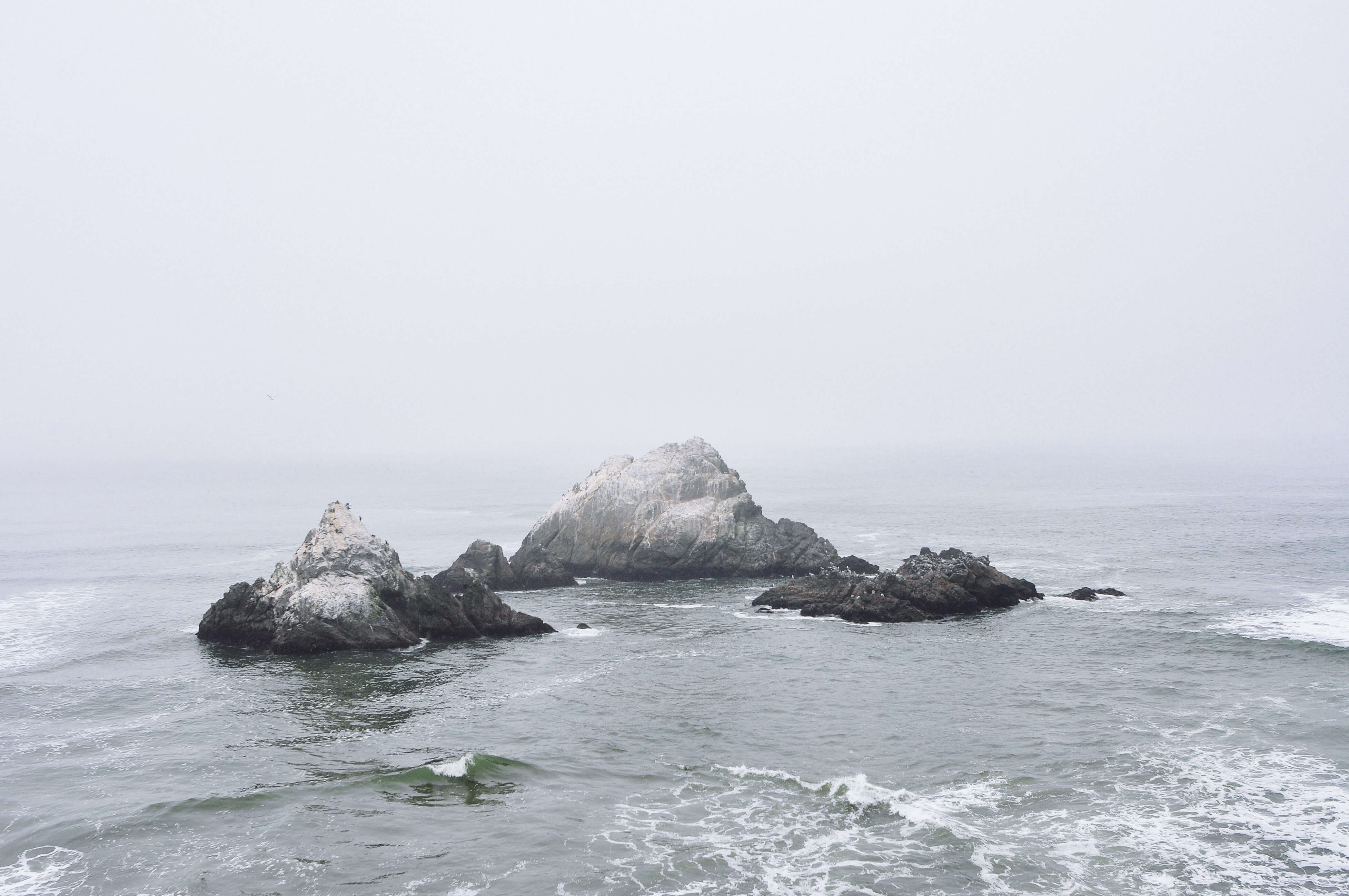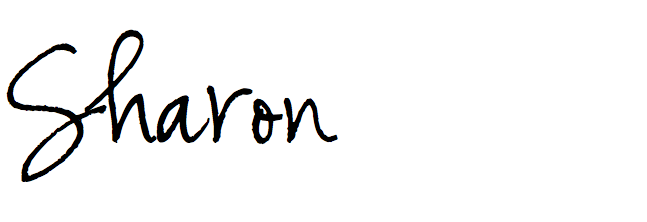Shortly after my first son was born, I developed a strange, irrational fear of him falling. At the time, our house had an open stairwell in the middle of the entry way, and it was the main source of my anxiety. You had to pass by it to go anywhere in the house, and this, to me, spelled doom. I was absolutely sure someone would accidentally drop my baby into the chasm below. I was so certain of this peril that I began to have nightmares about it.
So, I did want any irrationally fearful person would do: I made my husband buy a net. Unfortunately, Target was all out of “people catching nets,” so we had to settle for a volleyball net instead. It was lined with neon yellow plastic and it was literally the first thing you saw when you walked through the door. It was a total eyesore, and my husband HATED it, but it made me feel better.
I thought about that net yesterday, when I came across a verse in Proverbs 28. I’ve read this verse countless times before, but it never hit me the way it did yesterday. For the first time I realized how prophetic it is in our country today. It’s a major challenge to parents, and to Christians in general, and this is what it says:
The wicked flee though no one pursues,
but the righteous are as bold as a lion. (28:1)
This verse is about irrational fears. It’s about responding to a fear that isn’t real, or is only in your mind. “Fleeing” is simply one form of this fear-based living. It can also look like irrational self-protection, or over-controlling.
But this is what really stood out to me about this verse: the word “wicked.” According to this verse, fear-based living isn’t just foolish or silly. It’s wicked. And that is a serious statement.
The more I’ve thought about why Scripture chooses this word–wicked–the more I think I understand it. Fear leads to all sorts of vices, whether it be anger, violence, selfishness, or greed. And the weight of our irrational fear comes down on the most vulnerable people around us.
As parents, the weight of our fear comes down on our children. When we parent out of a place of fear, we try to control our children in unhealthy ways. We don’t allow them to take risks, and we prevent them from stretching out the legs of their faith. Our fear stifles many dimensions of their growth.
As Christians more generally, the weight of our fear comes down on the poor. We’ve seen this a lot throughout the past year. All around us, there is a temptation to protect ourselves from people who are not a threat to us, or to keep people out, though they wish us no harm. When we do this, we are fleeing a danger that does not, in reality, exist.
We call it “wisdom.” We call it common sense. But Scripture has a different word: wicked.
I’ve said it before and I’ll say it again: “Do not fear” is not a self-help mantra. Its purpose is not to give us a more comfortable life, or “our best lives now.” In many ways, its purpose is just the opposite. “Do not fear” challenges us to stare into the face of our greatest fears–even our REAL fears–and be bold as a lion.
This, Scripture tells us, is the way of righteousness.
In this world, there are people who run from imaginary fears, and people who run toward the real ones. If our witness is to have any integrity at all, we cannot be the fleeing kind. Instead we witness to Jesus, the original “first responder,” who did not run from danger, but walked right into it.
As you parent, and as you live, I ask you: which way are you running? Which irrational fears are you most tempted to believe? Those are the questions that are challenging me big time today.
Sharon
Sharon
Sharon
Sharon
Sharon
Sharon
Sharon




